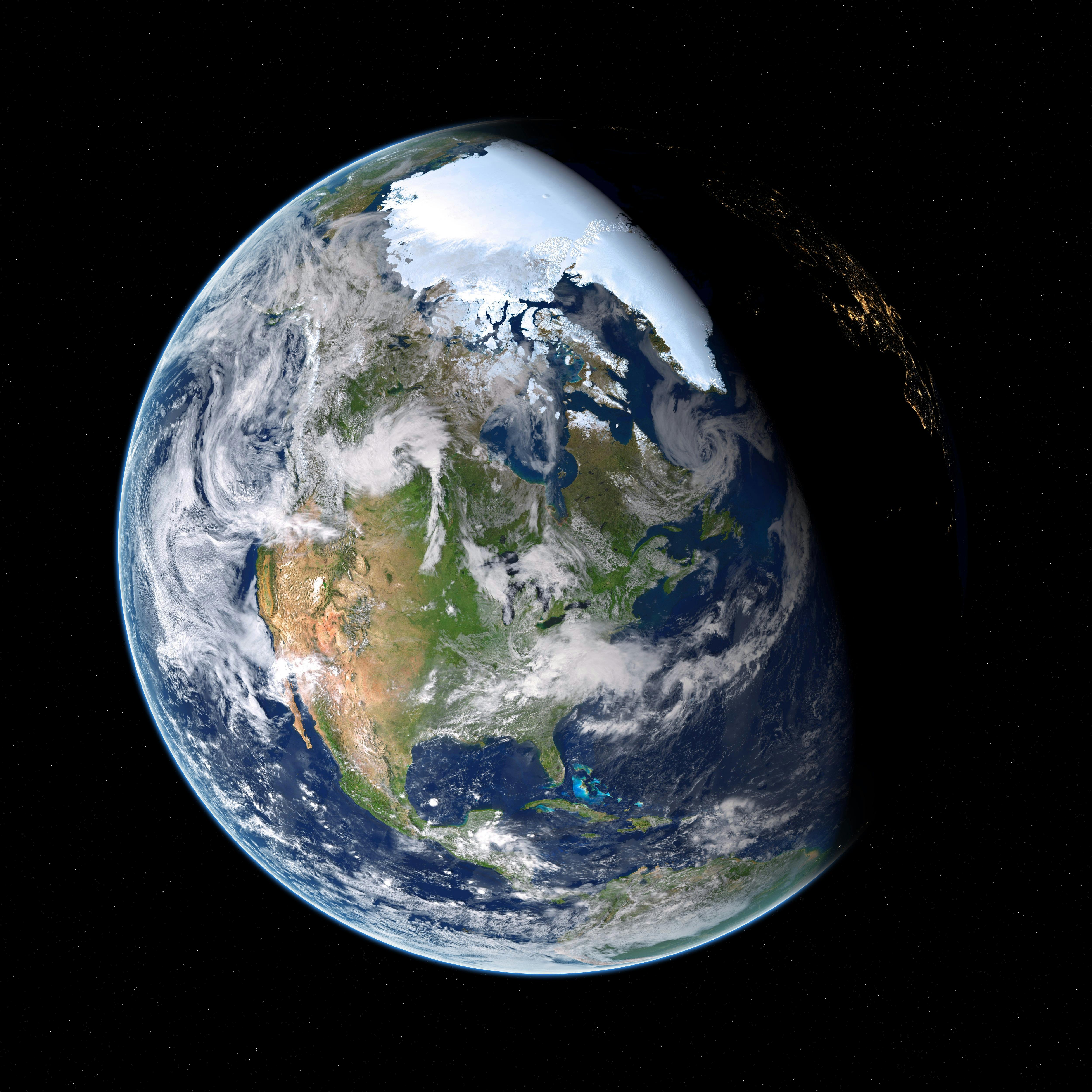By: Nathan Chen
The shining glow has drawn your eyes to the night sky. Have you ever stopped to consider the numerous ways in which this satellite affects life on Earth? From the gravitational pulls it exerts on oceans to its influence on the tilt of our planet’s axis, much of our natural rhythm today seems to be moved by the moon.
Being the only natural satellite of Earth, the moon has lots of effects on our planet. Its gravitational force creates high and low tides that form ecosystems and influence human navigation and settlement. This has been known since ancient times but was explained scientifically by Sir Isaac Newton’s Law of Universal Gravitation in the 17th century.
Today, scientists study the moon’s impact on Earth using technology. This helps the moon stabilize the tilt of Earth, which might be chaotic in variations concerning the climate. These rhythms affect marine life, especially breeding and feeding, which rely on lunar cycles.
In addition, one of the most important facts about our world is Earth’s orbit around the sun. Earth orbits the sun in an ellipse rather than in a circle. Last Friday, Earth was at its farthest distance from its star; this occurs due to its elliptical orbit and attraction by other planets’ gravity, mostly Jupiter’s. At aphelion, Earth is some 94.5 million miles from the sun, versus about 91.5 million miles at its closest point, perihelion, in January. The difference affects the intensity of the seasons, although Earth’s axis tilt has much more to do with seasonal changes.
Knowing the moon’s influence is important for applications in climate science, biology, and space exploration. In planning missions first to the Moon but beyond, too, recognition of the problems of lunar effects aids in preparing for hard challenges.
Future NASA and international space agencies’ missions will further explore the moon’s surface and its potential to be a base for space exploration, clarifying the relationship between the moon and Earth.
Though it’s static and so familiar, the moon is a profound reminder that we are all part of a system responsible for shaping the world in several important ways.
Image Credit by Pixabay











